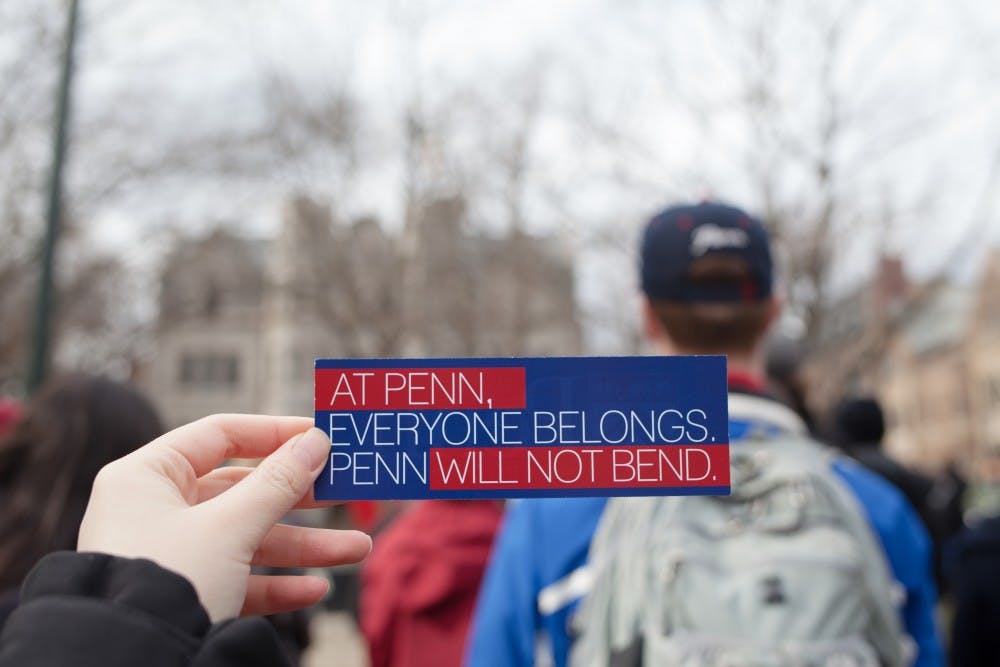
A class at Penn brings students from different religious and nonreligious backgrounds to lead discussions on topics around religion, politics, sexuality and gender, and work on community service projects with local religious organizations.
“Interfaith Dialogue in Action,” known informally as iBelieve, is an Education course that stems from an interfaith spring break trip organized in 2006 by Hillel and the Muslim Students Association to provide disaster relief for victims of Hurricane Katrina. In 2012, after years of dialogue, the weeklong experience grew into a class where students of all backgrounds could continue learning from one another.
Associate Chaplain Steve Kocher, who teaches the class, said it was established to fill a need for long-term opportunities for interfaith dialogue.
“We talk a lot about having a very diverse campus, but we don’t have as many opportunities as I think would be ideal to engage this diversity and really get to know people from different backgrounds,” he said.
Students who took the class emphasized that it provides a space for genuine connection with a diverse group. College senior Serena Bian, who took the course last spring and will be a teaching assistant for the course next semester, said iBelieve is an ideal setting for students interested in learning about each other’s backgrounds and asking difficult questions about faith.
“It’s really turning the typical education curriculum on its head,” she said. “We’re actually just talking and asking each other questions, and I think a lot of students really crave that on campus.”
Kocher noted that the class is also unique because of how much of it is devoted to discussion and reflection.
“With all of the challenges that students are facing these days in terms of stress [and] in terms of dealing with and thinking about larger issues that are going on in the world, we want courses that can also be reflective spaces for students,” he said. By assigning reflection prompts to students as homework, Kocher said he hopes to encourage students to think deeply about their own religious experiences.
Students have also said that the personal relationships formed in the course extend beyond the class. College sophomore Jackson Foltz, who took the class last year, praised “the sense of family” he felt in the class. Foltz said he remembers that his Jewish classmates hosted a Shabbat dinner for the group.
“I had never been invited over to somebody’s home because we were in the same class,” he said, adding that the strong communal atmosphere allowed the discussions to continue beyond the classroom.
Bian agreed. “I’ve learned many life lessons from this class, and I can’t say that of most classes,” she said. “This class helped me think about wisdom.”
The Daily Pennsylvanian is an independent, student-run newspaper. Please consider making a donation to support the coverage that shapes the University. Your generosity ensures a future of strong journalism at Penn.
Donate




